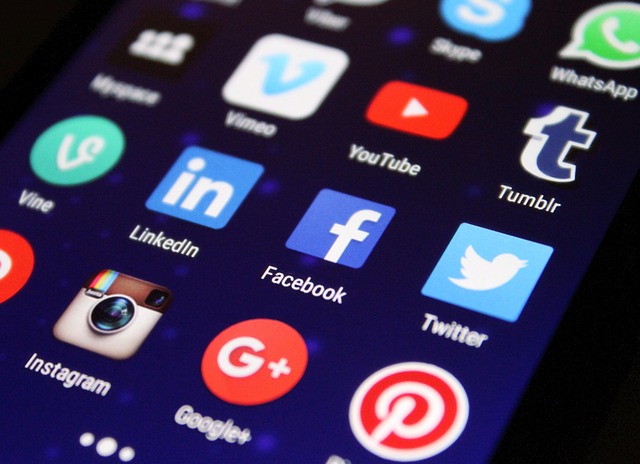Scrolling through feeds can sometimes feel like walking through a hall of mirrors, each reflection slightly distorted, showing perfect angles, effortless achievements, and seemingly boundless happiness. If you’ve ever logged off feeling just a little bit… less than, you’re definitely not alone.
Social networks have become an integrated part of our daily lives, connecting us with friends, family, and the wider world. But the constant stream of updates, images, and interactions can have a profound impact on how we perceive ourselves and our own worth. This is where the effects of social networks on our self-confidence really come into play.
The Social Media Impact on How We Feel
One of the most significant ways social media affects self-confidence is through comparison. We’re constantly exposed to the highlight reels of others’ lives – their best moments, their perfect photos, their latest successes. It’s easy to look at these curated snapshots and compare them to our own unedited, everyday reality. This constant comparison can lead to feelings of inadequacy, envy, and a sense that our own lives don’t measure up.
The pursuit of likes, comments, and followers can also create a need for external validation. Our self-worth can become tied to the數字 (numbers) on our profiles. A post that doesn’t get the expected engagement might feel like a personal rejection, while lots of likes can provide a temporary boost. This reliance on external approval for validation can make our self-confidence fragile and dependent on online interactions.
Furthermore, the pressure to present a perfect online persona can be exhausting. We might feel compelled to only share positive experiences, hide our struggles, and carefully curate our image. This disconnect between our online self and our real self can lead to feelings of inauthenticity and can chip away at genuine self-acceptance.
Navigating Social Media for Better Self-Confidence
It’s not all negative, of course. Social media can be a powerful tool for connection, support, and finding communities. However, understanding its potential impact is crucial for protecting our self-esteem.
Being mindful of how social media makes you feel is the first step. If you notice yourself consistently feeling worse after scrolling, it might be time to evaluate your usage. Unfollowing accounts that trigger negative comparisons, setting time limits, and remembering that what you see online is often just a carefully constructed facade can help mitigate some of the negative effects.
Ultimately, building robust self-confidence comes from within, nurtured by real-life experiences, genuine connections, and self-acceptance, rather than relying on the fleeting validation found in the digital realm.




